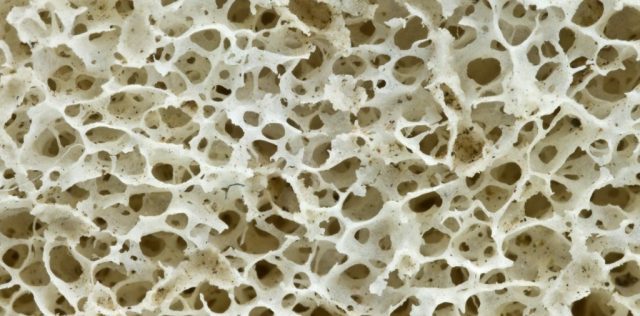Dr. Weeks’ Comment: Osteoporosis is NOT and NEVER has been a calcium deficiency problem. I described the paradox here in 1993. Osteoporosis is a porous problem (read the name again…”osteoporosis”) and the reason why the bone is pathologically porous is due to a magnesium and a silica deficiency. Don’t take more calcium if you have osteoporosis – all it will do is calcify your arteries and increase your risk of heart disease by 78%. Ever since my friend Tom Levy, M.D. J.D. wrote a shocking and welcomed book Death By Calcium, I have discouraged people from taking calcium supplements.
Do calcium supplements increase my risk of heart attack?
A controversial study gets a closer look
A recent study raised suspicions that calcium supplementation may be connected to an increased risk of heart attack. In response, many people are cutting calcium out of their supplement routine completely.
This study, published in the June issue of Heart, used data from previous research. The subjects were 23,980 German men and women, ages 35 to 64. Each participant’s calcium supplementation was determined via a questionnaire and their health was monitored for 11 years. People who took calcium supplements had about a 2.4 percent chance of having a heart attack, whereas those who didn’t had around a 1.6 percent chance. Looking at the raw numbers, this is an approximately 47 percent increase in heart attack risk, but when the researchers adjusted the numbers to account for differences in the data collection, they found the increase was closer to 86 percent.
However, this research is not the final word on calcium supplement use.
“I don’t think our study offers the truth about the relationship between calcium supplements and myocardial infarction or chronic diseases in general,” says Dr. Sabine Rohrmann of the University of Zurich, co-author of this study, “but it hints to the fact that we should be much more careful about what we recommend to patients.”
Based on pre-existing research, the study’s authors believe the increased risk may result from the way in which our bodies absorb calcium. Unlike dietary calcium, says Rohrmann, calcium from supplements causes a spike in blood calcium levels ”” it’s a large amount of calcium introduced all at once rather than multiple smaller amounts throughout the day. Experts have suggested that such spikes over an extended period of time may damage the blood vessels because calcium can contribute to plaque in the arteries. When plaque builds up it can interfere with blood flow and, if a plaque bursts, it can trigger a heart attack. This is one way supplemental calcium may affect us, but whether it’s really what’s going on in our bodies is still under investigation.
In other words, this research has only just begun. “These kinds of reports are good for creating hypotheses that need to be tested but they aren’t good for public health policy,” says Dr. Robert Recker, director of the Osteoporosis Research Center at Creighton University. Dr. Recker is worried that people are giving these results more weight than they deserve right now. In particular, he is concerned that people with an increased risk for osteoporosis will avoid calcium supplementation in reaction to these findings. He says that if a person is not getting the recommended daily dose of calcium from their diet – 1,000-1,300 milligrams a day – calcium supplementation is still a good idea.
A person who is at greater risk for a heart attack than osteoporosis might remain apprehensive.
To read the rest of the article CLICK HERE.


